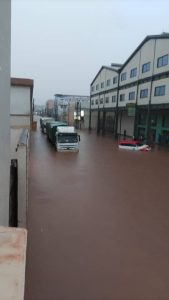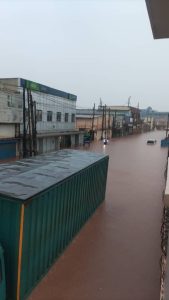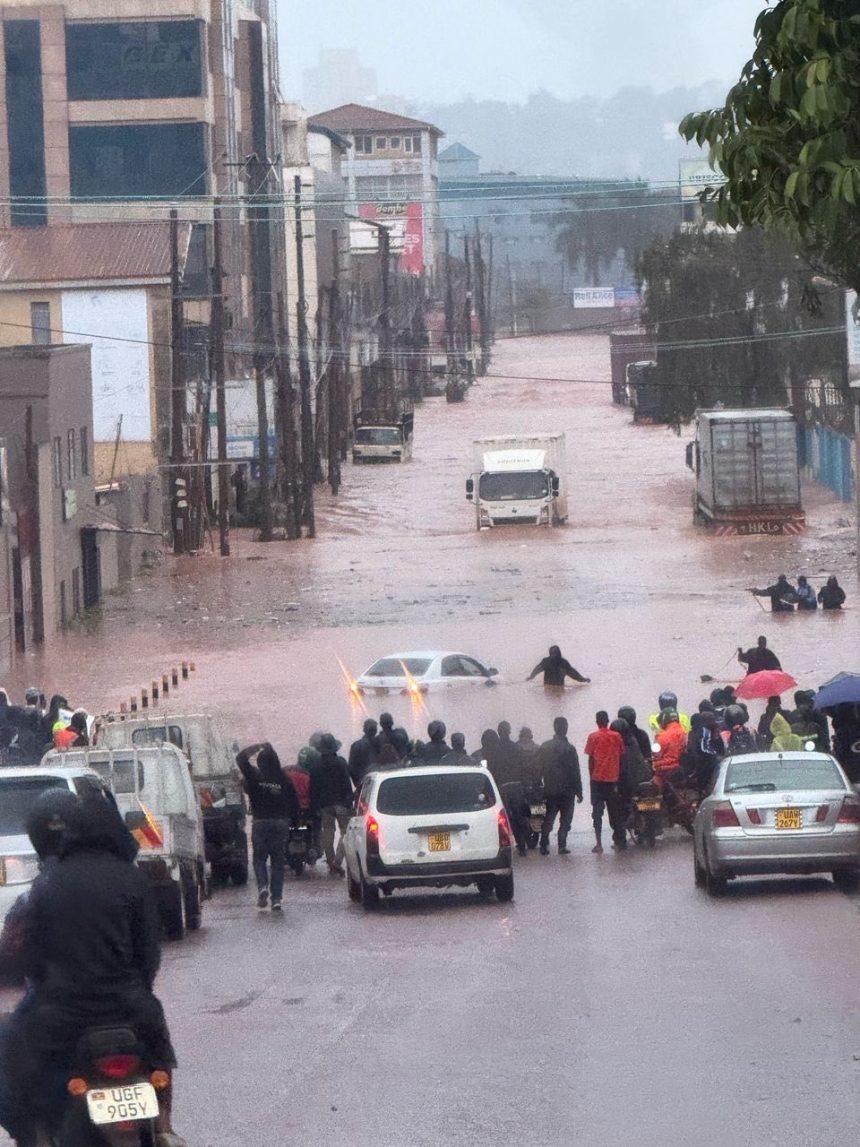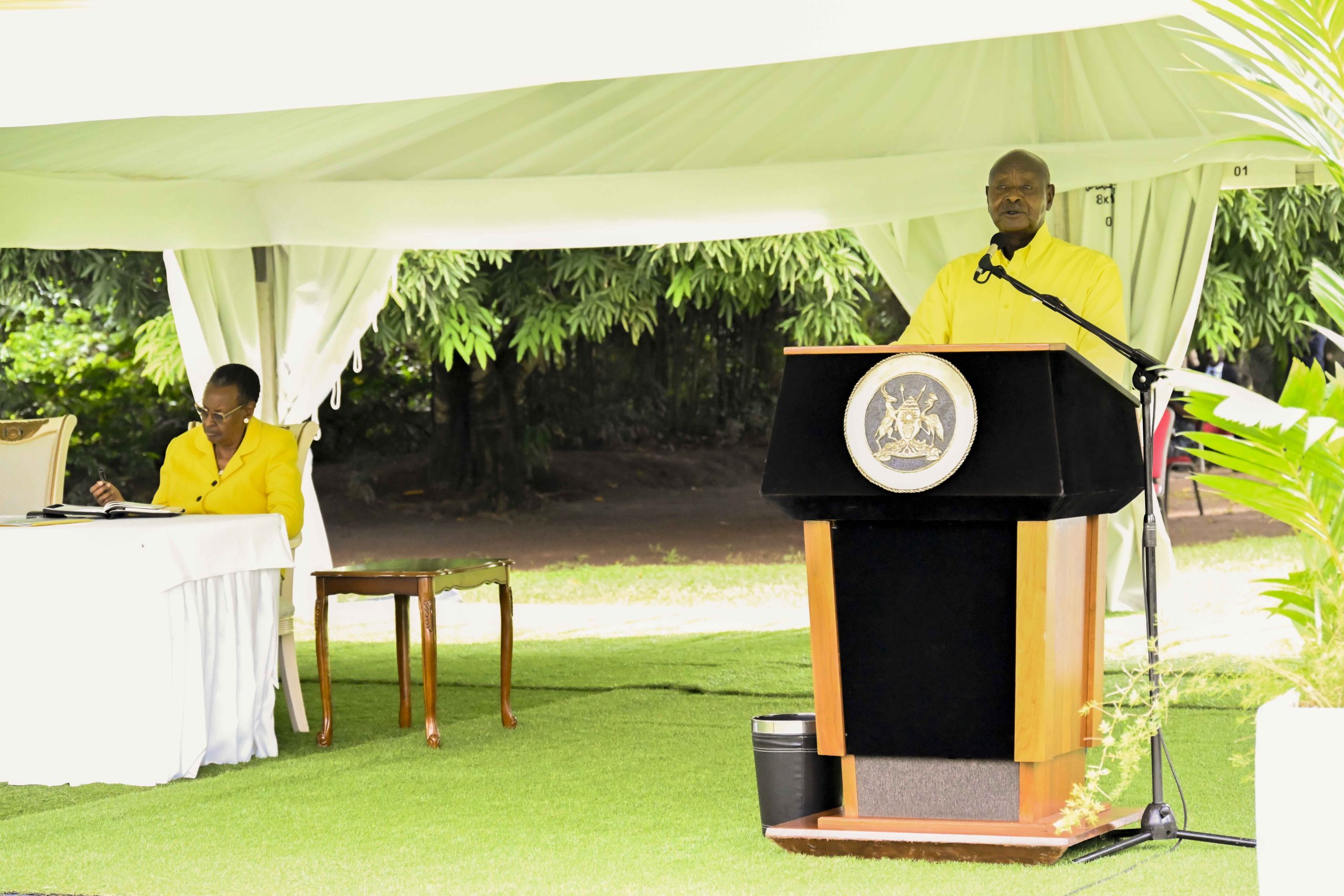Heavy rains pounded Kampala yesterday, triggering severe flooding that claimed lives, destroyed property, and paralyzed parts of the city. Areas like Lugogo, Nakawa Industrial Area, and surrounding zones were submerged, reigniting criticism of urban planning failures and wetland encroachment.

Critics, including politician Mike Mukula, attribute the crisis to the choking of Lake Victoria’s drainage system. He alleges that the Kampala Capital City Authority (KCCA) approved construction on critical wetlands, suffocating natural water flow.
“When I advocated for protecting our ecosystems…these are the implications,” Mukula stated, referencing the preventable loss of lives. Wetlands, once acting as natural sponges, have been replaced by buildings, while water channels remain compromised.

The consequences were dire: homes and businesses flooded, vehicles swept away, and major roads rendered impassable, causing hours-long traffic gridlocks. Most tragically, multiple fatalities were reported, underscoring the human cost of environmental neglect.
Mukula warned that such disasters will persist “in perpetuity” unless urgent action is taken. Kampala’s rapid, unregulated development has long raised concerns, with experts linking recurrent floods to the degradation of wetlands and poor drainage infrastructure.

Yesterday’s tragedy highlights a pressing need for accountability and sustainable urban policies. As climate extremes intensify, Kampala’s vulnerability grows—a clear reminder that environmental protection is not just environmental protection but a matter of public safety.
Without restoring wetlands and prioritizing resilient planning, the city risks further loss of life and economic damage. The downpours may be natural, but the disaster was man-made.




















